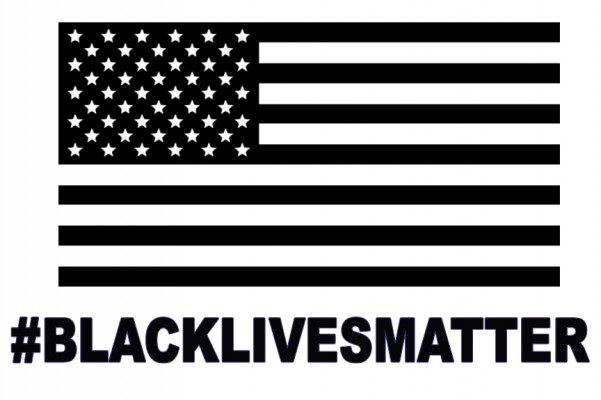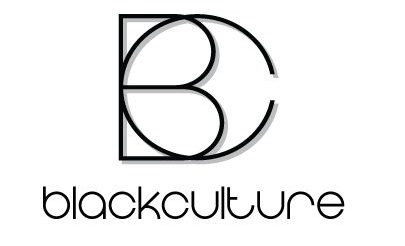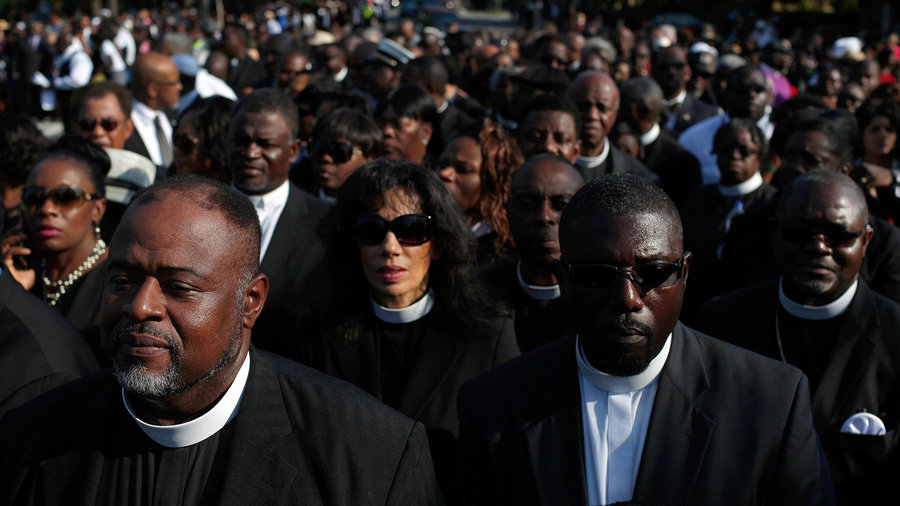
Reclaiming ALL of Black History
You cannot add a “but” onto Black Lives Matter.
You can’t align yourself to a multi-faceted, all-inclusive movement and still carry prejudices that put you at odds with it’s leaders. You can’t claim to want to fight against white supremacy while harboring the exact patriarchal, misogynist, homophobic, hetero-normative beliefs that characterize their oppression.
While Black people resolve to reclaim the true identity of our revolutionaries from a white supremacist media, we also have to resolve to examine their legacies fairly and truthfully. We have to face the flaws of our heroes head on. We have to admit that for all the contribution and sacrifices revolutionaries made in the 60s and 70s, some of these great leaders also had perspectives that were closer to bigotry than progressive. Our vitality depends upon an honest discussion.
I was at the Schomburg Center in Harlem on February 5th for a discussion on Malcolm X and his radical feminist allies. The talk was largely invigorating, enlightening, and galvanizing as three activists (two women, one male) from the Civil Rights era spoke on the struggle. They spoke on why we have to fight for what is ours, this country we built but have so little to show for. They discussed the marginalization of black women and their vitality to the movement.
During the following Q&A session, a brother from the audience asked the activists about the lack of support for the LGBQT community and a dearth of attention brought to Malcolm X’s bisexuality. He asked whether still rampant homophobia hinders the potential of the Black Lives Matter movement.
It was as if all the fire had drifted from the room. One of the speakers, a SNCC member said “that’s not the first thing I think of when I think of Malcolm X”. He said SNCC had done a lot for “transvestites” without giving any examples. Another activist onstage mentioned transgenders and homosexuals being in jail with her with no real context or purpose to the comment. The same focus and fiery intent used to extol the necessity of their rights had dissipated into an unsureness when broached on LGBQT rights. This was what a movement looked like on the ropes.
I wasn’t shocked, given that most older people are known to carry the value systems of their prime adulthood over into a new era. Their was a rampant homophobia and misogyny during the 60s and 70s. Black men received much (all) of the acclaim and their agenda came chiefly. The women who comprised 70% of the Panthers saw their own struggle take a backseat.
Speaking on taking up Women’s rights and gay rights as issues of the Black Panther Party, Huey P. Newton said in 1974 “as we very well know sometimes our first instinct is to want to hit a homosexual in the mouth, and want a woman to be quiet. We want to hit a homosexual in the mouth because we are afraid that we might be homosexual; and we want to hit the women or shut her up because we are afraid that she might castrate us, or take the nuts that we might not have to start with.”
40 years later those covert thoughts are still in play. As “Black Twitter”especially shows us, there are too many Black men and women still flagrantly homophobic and misogynistic. Many are entirely beholden to ignorance, but there are too many that claim to support “Black Lives Matter”.
There are hyper-masculine, homophobic militants who live and die by Malcolm’s tao but don’t realize the utter hypocrisy of using a bisexual feminist’s rhetoric as the core for a homophobic, misogynist movement. These men seemingly want to defeat White Supremacy only to take the seat of patriarchy themselves.
They get away with this skewing because the whole of who Malcolm X was isn’t discussed.
Some of us in the black community are just as guilty of taking bits and pieces of a revolutionary’s beliefs to create a legacy we can get behind, to further our belief system. In our piecemeal recollections of Black historical figures, we ignore valuable insights that can help us unlearn problematic thoughts.
Who knows how much work could be done if everyone stood on even ground? Let’s find out. As we head forward, re-contextualizing the legacies of our predecessors can properly contextualize the value system of this new movement.



